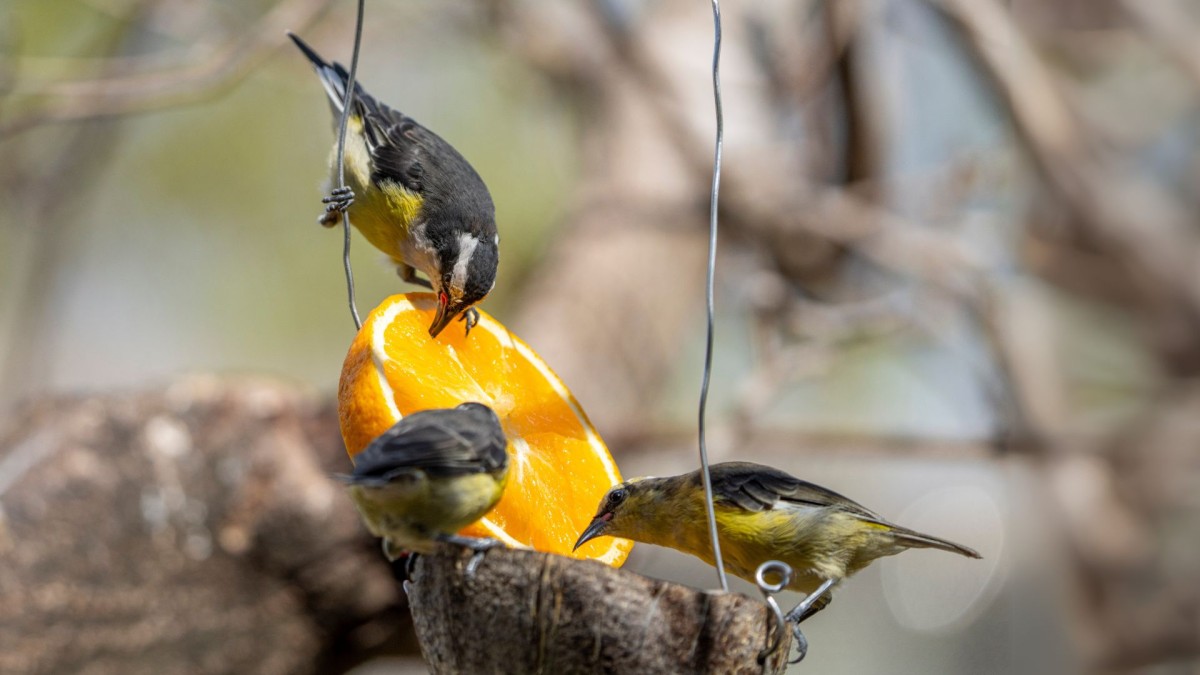Do not refresh or close this window.

Do not refresh or close this window.


Share
World Wildlife Day was officially declared by the United Nations in December 2013 to celebrate wild animals and plants and to recognise their unique roles and contributions to our planet and the people who live on it. On 3rd March 2025, we will recognise and celebrate World Wildlife Day here in the Cayman Islands and around the world.
The theme for 2025 is "Wildlife Conservation Finance: Investing in People and Planet." Investing in our planet is critical not just for wildlife but for humans as well. We must acknowledge that we cannot achieve sustainable development without prioritising the health of the ecosystems that sustain us. Protecting nature and our natural resources is not just an environmental issue; it is also a social and economic concern. Therefore, to protect nature, we must also empower the communities that depend on it.
Nature provides countless benefits that sustain our daily lives, offering trillions of dollars' worth of environmental services globally—at no direct cost to us. These include clean air and water, arable soil for agriculture, and climate regulation. Every year, it is estimated that the environment provides USD $125 trillion in free sustenance to human society and the global economy—almost twice the global GDP in 2011. It is essential that we invest in its maintenance rather than take it for granted. Our own survival depends on wildlife and wild places just as much as their survival depends on us.
Investing in nature means investing in the future of our people, particularly those in vulnerable communities who are most at risk from environmental disasters and degradation. Over half of the world’s gross domestic product (GDP) is dependent on nature, making biodiversity loss a significant threat to financial stability and the livelihoods of people around the world.
Examples of Environmental Conservation Benefits
To use examples related to our own environmental concerns in the Cayman Islands:
Releasing sea turtles into the wild also provides valuable environmental services and contributes directly and indirectly to our economy and livelihoods here in the Cayman Islands. While the exact financial contribution of sea turtles in Cayman has not been fully studied, a comparable case in Florida, USA, provides some insight: Manatees contribute up to USD $527 per animal per year in environmental services, saving the Florida government up to USD $632,558 annually in waterway maintenance. In terms of overall environmental, tourism, and other benefits, manatees directly or indirectly contribute between USD $3.59 million and USD $36.3 million per year to the Florida economy.


Again and again, examples such as these emphatically demonstrate the long-lasting economic benefits of conserving wildlife and wild places for the future of our planet and humanity. Contrary to assumptions that protecting nature is too costly, failing to conserve wildlife and wild spaces would be far more damaging to our economy and livelihoods. We encourage you to invest in our planet and support the people working to sustain it.
Actions You Can Take Today to Invest in Our Planet